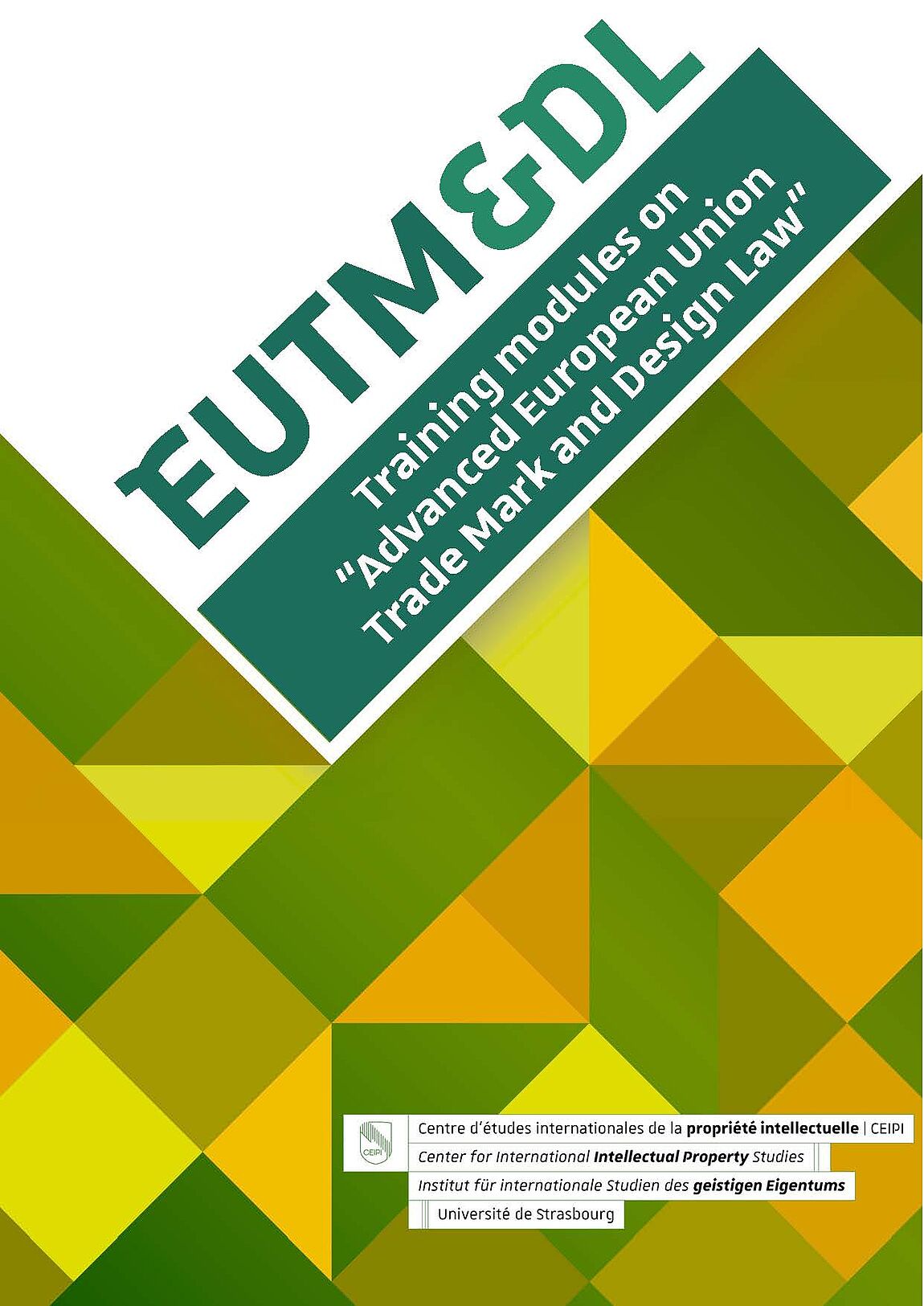Le nombre de marques de l'Union européenne déposées chaque année dépasse les 200 000, tandis que le nombre de demandes d'enregistrement de dessins ou modèles communautaires déposées chaque année dépasse les 100 000. En outre, l'Office de l'Union européenne pour la propriété intellectuelle (EUIPO) reçoit chaque année plus de 20 000 oppositions, plus de 2 000 demandes de déclaration d'invalidité, près de 3 000 recours devant les chambres de recours et 300 demandes d'annulation devant le Tribunal de l'UE.
Cette formation modulaire en droit des marques et dessins ou modèles de l’Union européenne s’adresse aux étudiants ainsi qu’aux praticiens (ou futurs praticiens) intéressés par ce domaine. Les participants peuvent choisir de suivre un ou plusieurs modules, en fonction de leurs centres d’intérêt et de leurs besoins professionnels. Un certificat de participation est délivré à l’issue de chaque module suivi.
Si le programme complet vise à préparer les candidats à l’examen de qualification français avec la mention « marques, dessins et modèles » ainsi qu’aux carrières de magistrat ou d’avocat, le format modulaire permet des parcours d’apprentissage plus flexibles, adaptés à des objectifs et des rythmes variés.
